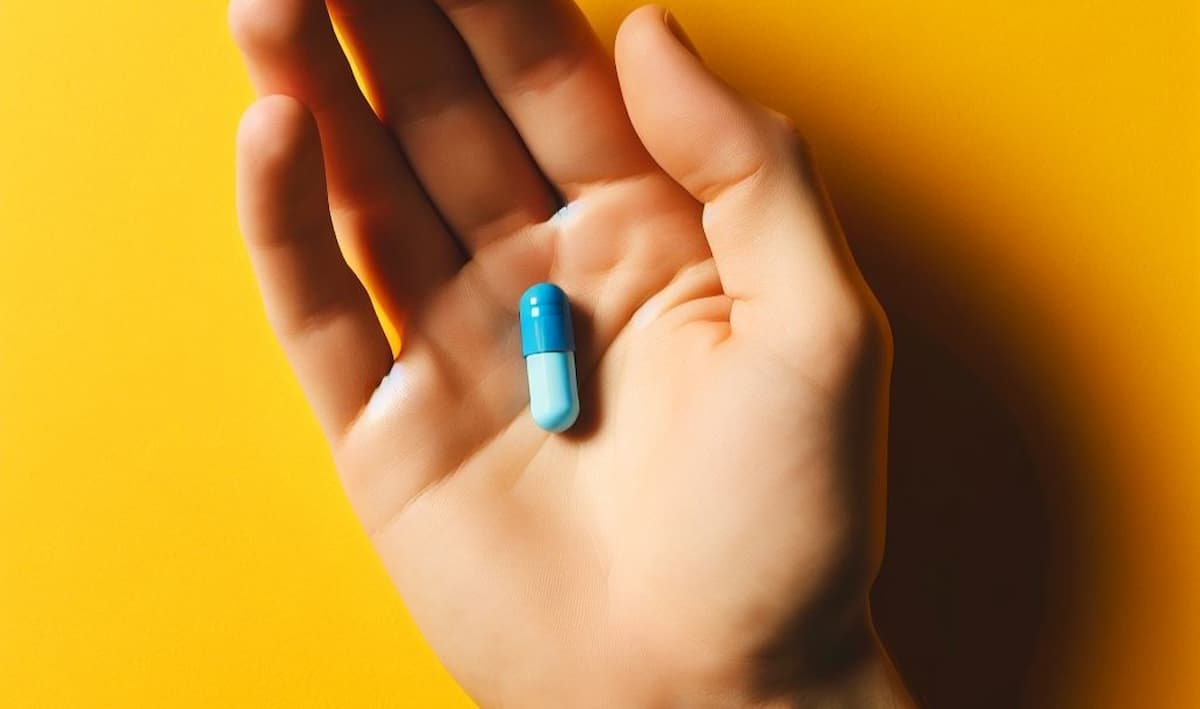One-quarter of the world’s population has this mineral deficiency that is linked to anxiety, depression and schizophrenia.
An iron deficiency is the most common nutrient deficiency and it can impact mental health, research finds.
Low iron levels can exacerbate symptoms of anxiety, depression and schizophrenia.
Many people with depression, for example, have a history of anaemia.
Higher rates of anxiety disorders, sleep disorders and psychotic disorders are linked to an iron deficiency.
It has been linked to mental health problems in both young and old.
An iron deficiency is frequently linked to symptoms of fatigue — which often combines with depression.
Dr Stephanie Weinberg Levin, the study’s first author, said:
“We don’t always go looking for nutrient deficiencies, but they can really take a large toll on well-being.
Iron is the most common nutrient deficiency and can have a big impact.
You can be iron-deficient without having anemia, but many mental health care providers aren’t aware that iron deficiency by itself has been linked to worse symptoms, or that supplementation has been linked to improved symptoms.
But there is evidence there.”
Mild iron deficiency
The researchers examined multiple studies on the connection between iron deficiency and mental health.
Many have found that iron supplementation appear to improve the symptoms of those with and without mental health diagnoses.
Supplementation can even help with relatively mild iron deficiency.
The usual benchmark for iron deficiency is 30 ng/mol.
However, one study found that supplementation for those with levels below 100 ng/mol was beneficial for negative mood and fatigue (Mikami et al., 2022).
Which type of supplement?
Iron deficiency should be treated by supplementation, since the typical diet cannot provide enough, the study’s authors write.
Most types of iron supplementation will work, however, the disadvantages of supplementation are that 70 percent of people experience side-effects.
These can include a metallic taste in the mouth, vomiting, nausea and constipation/diarrhoea.
So, the key is to find the type that has the lowest side-effects.
Ferrous sulfate is the cheapest, but other forms, such as ferrous iron protein succinylate and ferrous bisglycinate may have fewer gastrointestinal side-effects (but they are more expensive).
How much iron?
As for the amount, there is no clear guidance, but the study’s authors suggest:
“The maximum amount of oral iron that can be absorbed is approximately 25 mg/d of elemental iron.
A 325 mg ferrous sulfate tablet contains 65 mg of elemental iron, of which approximately 25 mg is absorbed and utilized.”
Supplements should be taken for 6 to 8 weeks and it may take 6 months for the body’s iron stores to be replenished.
Dr Levin concluded:
“Iron supplements are inexpensive and can really make a significant impact in someone’s mental health if they’re deficient.”
Note that a physician should be consulted: people with inflammatory bowel conditions, chronic kidney disease or the pregnant should not take iron supplements orally.
The study was published in the journal Current Psychiatry (Levin & Gattari, 2023).

